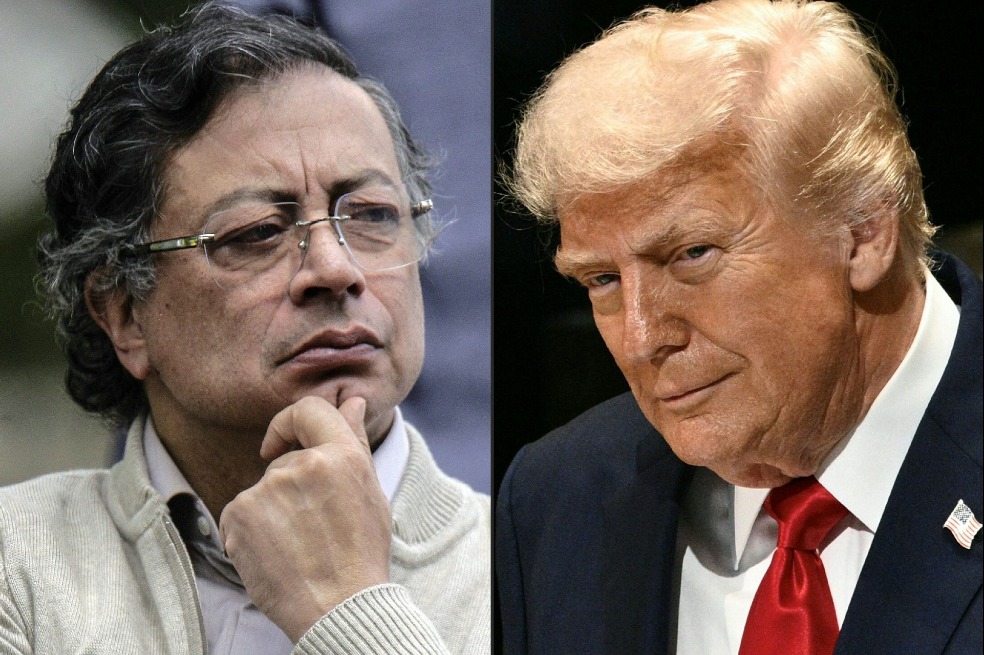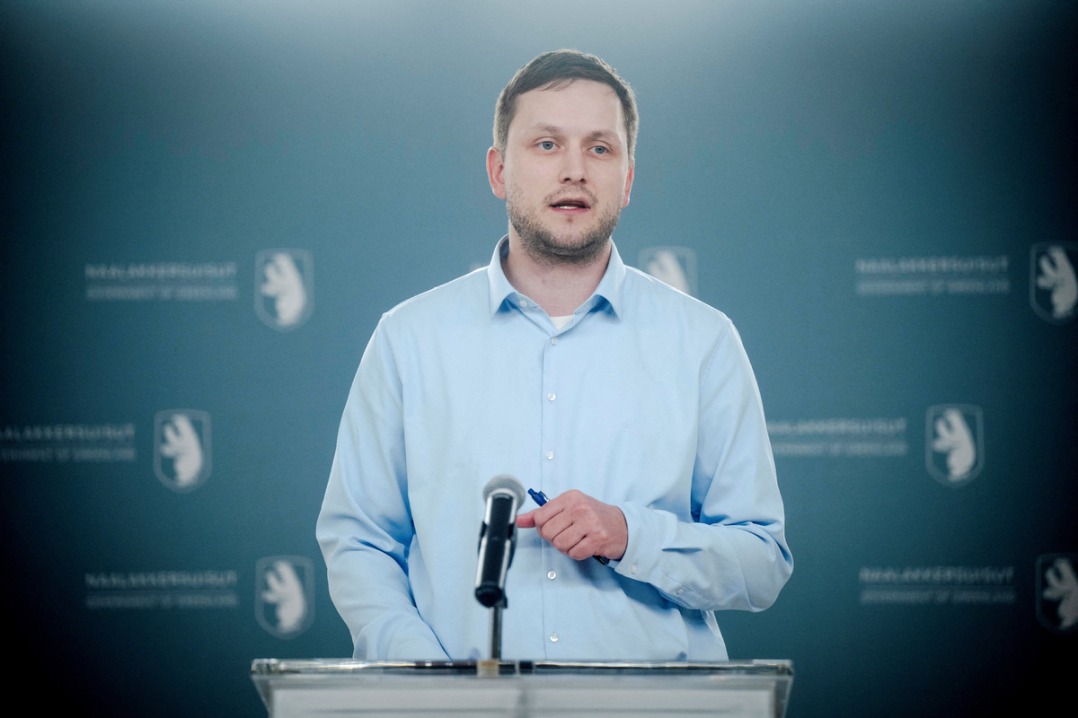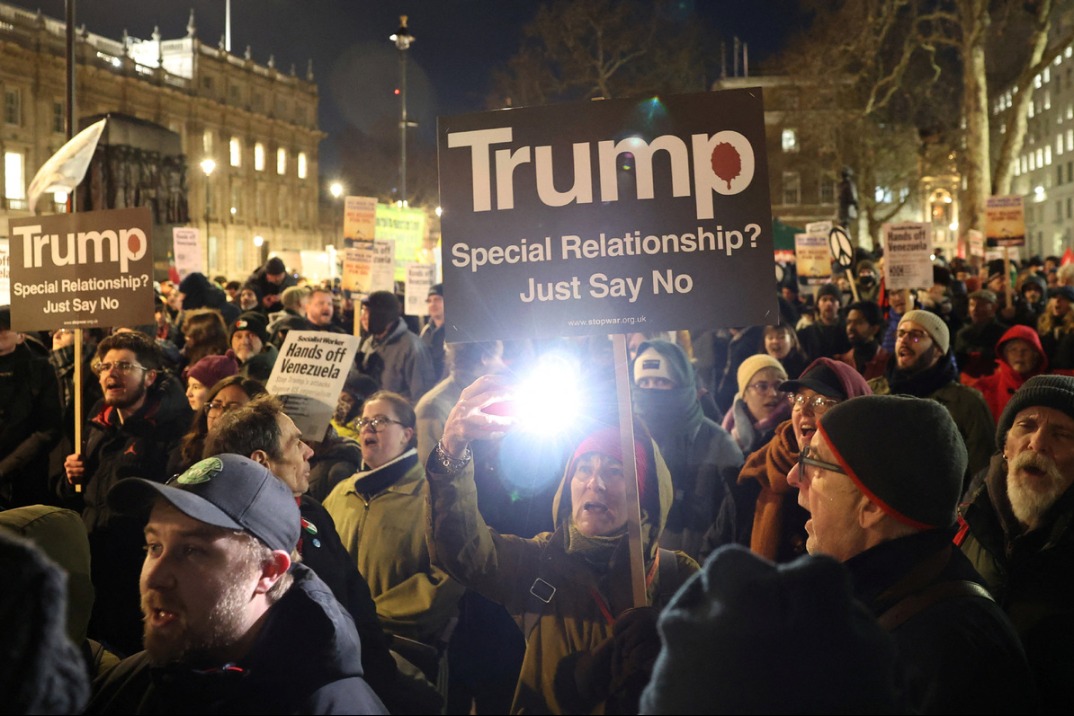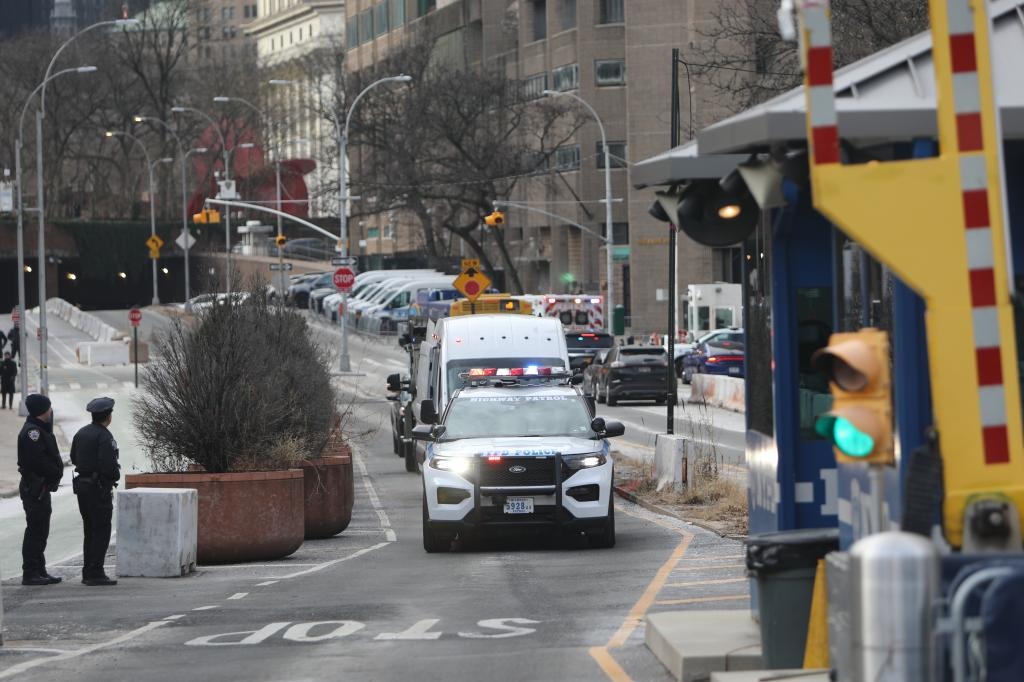Trump pulls at platforms' legal shield

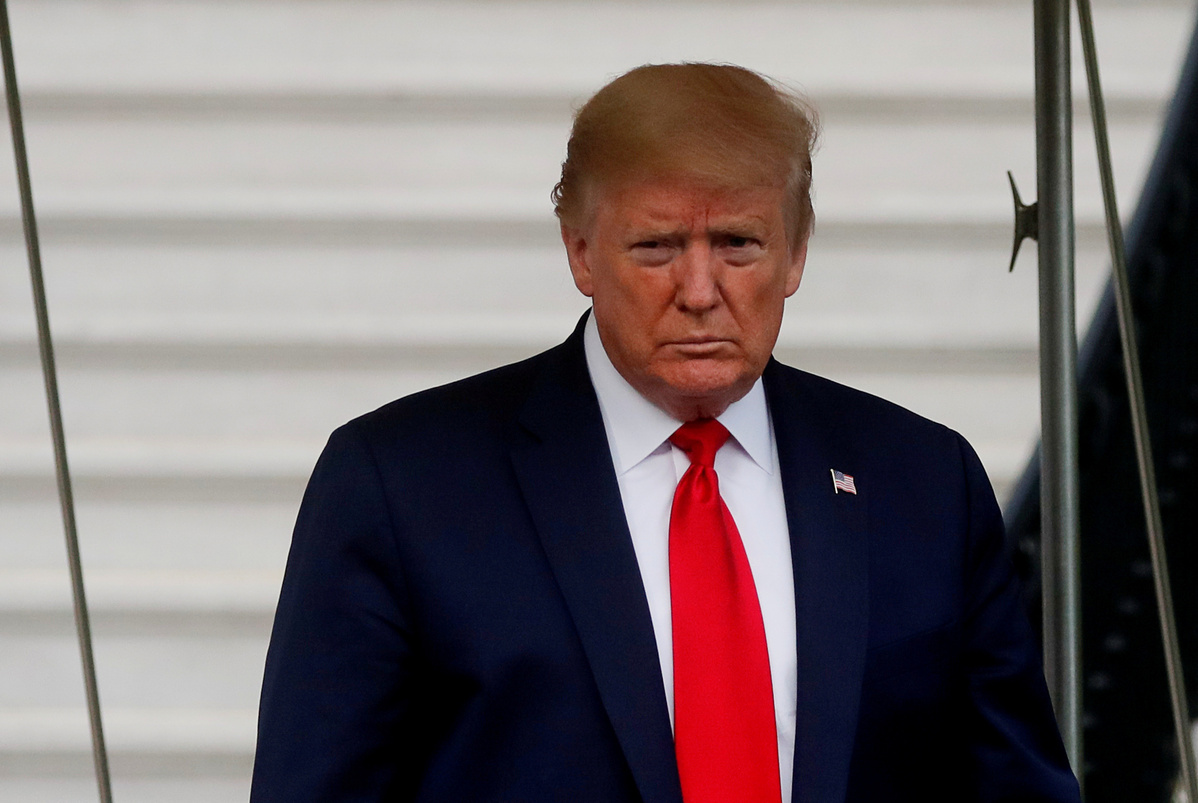
US President Donald Trump on Thursday sought to remove social media companies' legal protections for content posted on their platforms, which include his preferred mode of communication-Twitter.
Trump, who has 80.4 million followers on the platform, said he will look to scrap or weaken part of a 1996 law that protects internet companies, which also include Facebook and YouTube.
He signed an executive order on Thursday after criticizing Twitter for tagging his tweets about claims of fraud in mail-in voting with a warning that prompts readers to factcheck his posts. Mail-in voting has become a major political issue during the COVID-19 pandemic.
"Much as he might wish otherwise, Donald Trump is not the president of Twitter," the American Civil Liberties Union tweeted on Thursday.
Trump said: "We may remove or change" Section 230 of the Communications Decency Act.
"Ironically, Trump is a big beneficiary of Section 230," Kate Ruane, a senior legislative counsel for the American Civil Liberties Union, said in a report by The New York Times. "If platforms were not immune under the law, then they would not risk the legal liability that could come with hosting Donald Trump's lies, defamation and threats."
Electronic Frontier Foundation, a group that advocates for digital civil liberties, said: "Speech regulations are a dangerous tool to hand a government and have historically been used to retaliate against views government wants to suppress and to boost views it supports. This EO appears to be exactly that type of retaliation."
The president accused one of Twitter's executives, Yoel Roth, head of user integrity, of "fraud" for the factcheck notice.
Twitter said Roth was not involved in it. In 2017, Roth posted tweets critical of Trump and other Republicans.
Trump said: "They've had unchecked power to censure, restrict, edit, shape, hide, alter virtually any form of communication between private citizens or large public audiences.
"What they're doing is tantamount to monopoly. It's tantamount to taking over the airwaves. Can't let it happen. Otherwise we're not going to have a democracy."
Facebook chief executive Mark Zuckerberg said that he disagrees with Twitter CEO Jack Dorsey on tagging political content and didn't want his own company to be an "arbiter of truth".
"This does not make us an 'arbiter of truth'," Dorsey responded on Twitter. "Our intention is to connect the dots of conflicting statements and show the information in dispute so people can judge for themselves. More transparency from us is critical so folks can clearly see the why behind our actions."

Trump said that he would delete his Twitter account "in a heartbeat if we had a fair press in the US".
Senator Josh Hawley, a Republican from Missouri, tweeted to Dorsey on Wednesday: "@jack a few questions for you below. Bottom line: Why should@twitter continue to get special treatment from government as a mere distributor of other people's content if you are going to editorialize and comment like a publisher? Shouldn't you be treated like publisher?"
US Attorney-General William Barr, who appeared with Trump at the Oval Office for the order's signing, said that when social media companies "curate" their collection and engage in "censoring" content, firms become publishers and shouldn't be entitled to legal protection.
In a statement on Thursday, the Speaker of the House of Representatives, Nancy Pelosi, said:"The president's executive order does nothing to address big internet companies' complete failure to fight the spread of disinformation."
Jessica Rosenworcel, an FCC commissioner, on Thursday said in a statement: "Social media can be frustrating. But an executive order that would turn the Federal Communications Commission into the president's speech police is not the answer."
On Wednesday, a copy of a draft order of the White House's plan to modify Section 230 circulated online. The order looks to circumvent Congress and the courts in directing changes to interpretations of Section 230.
















